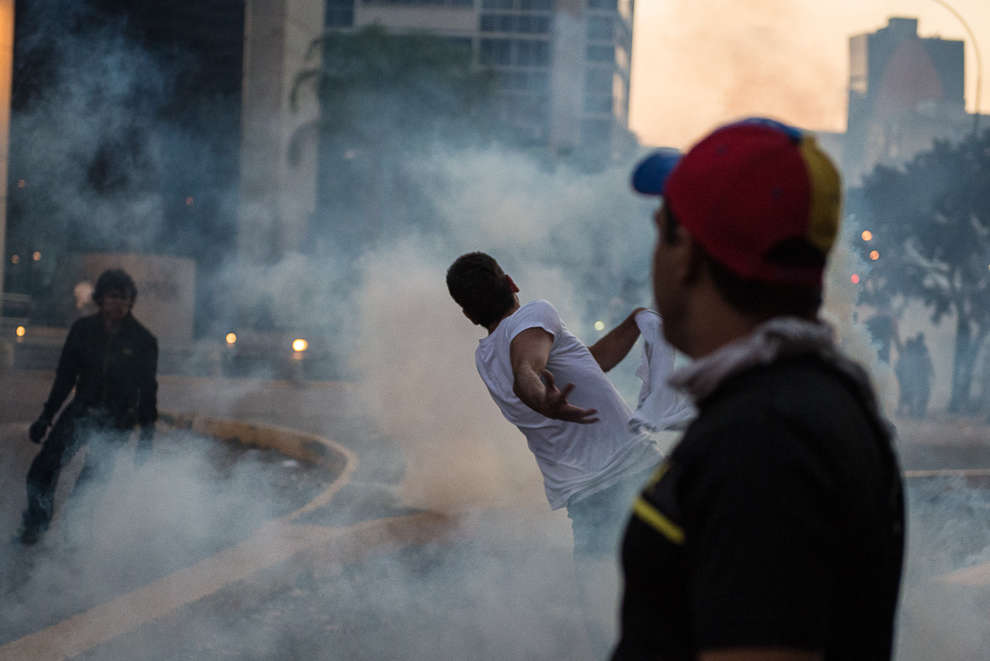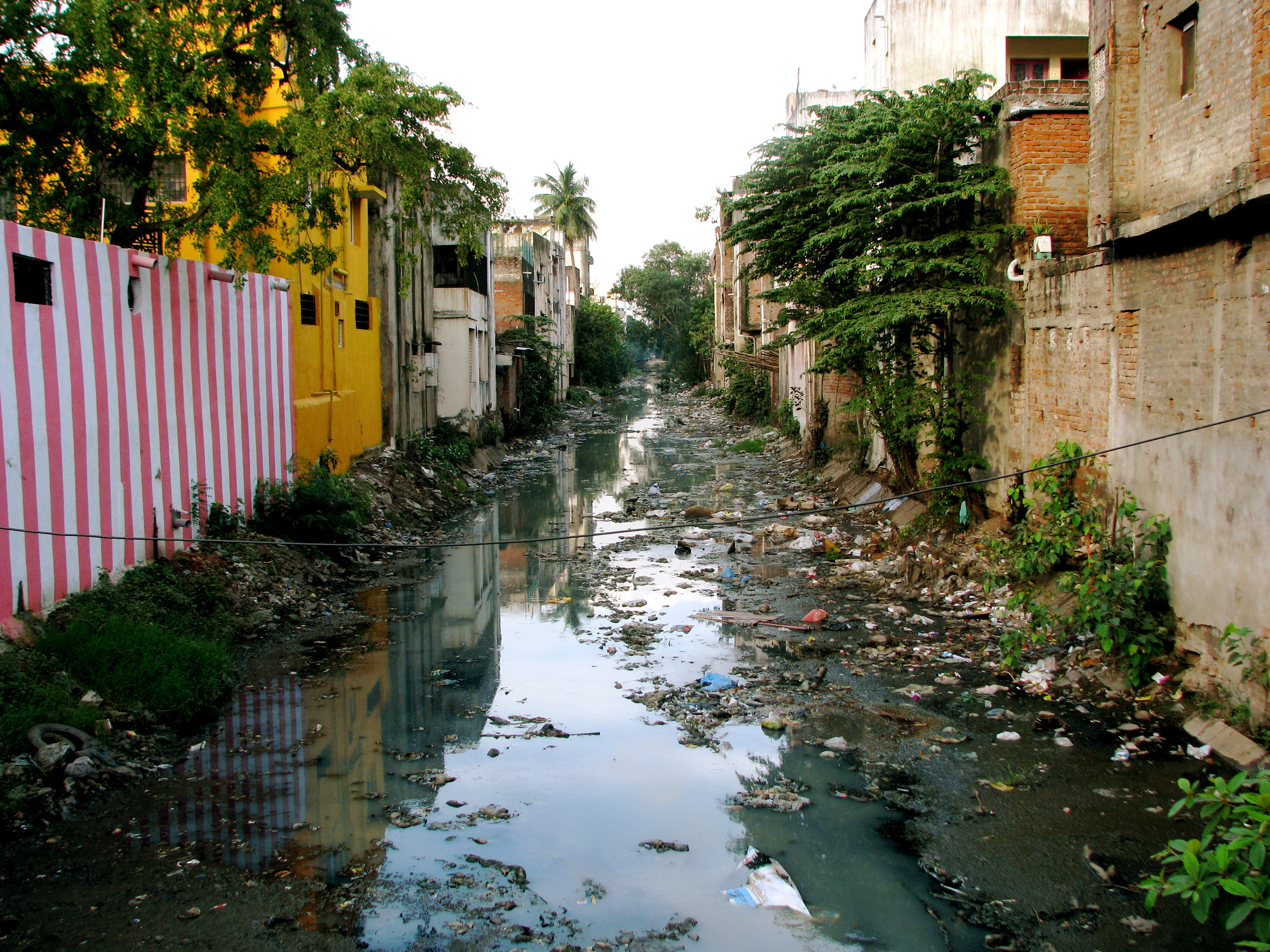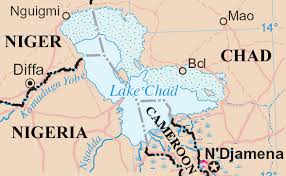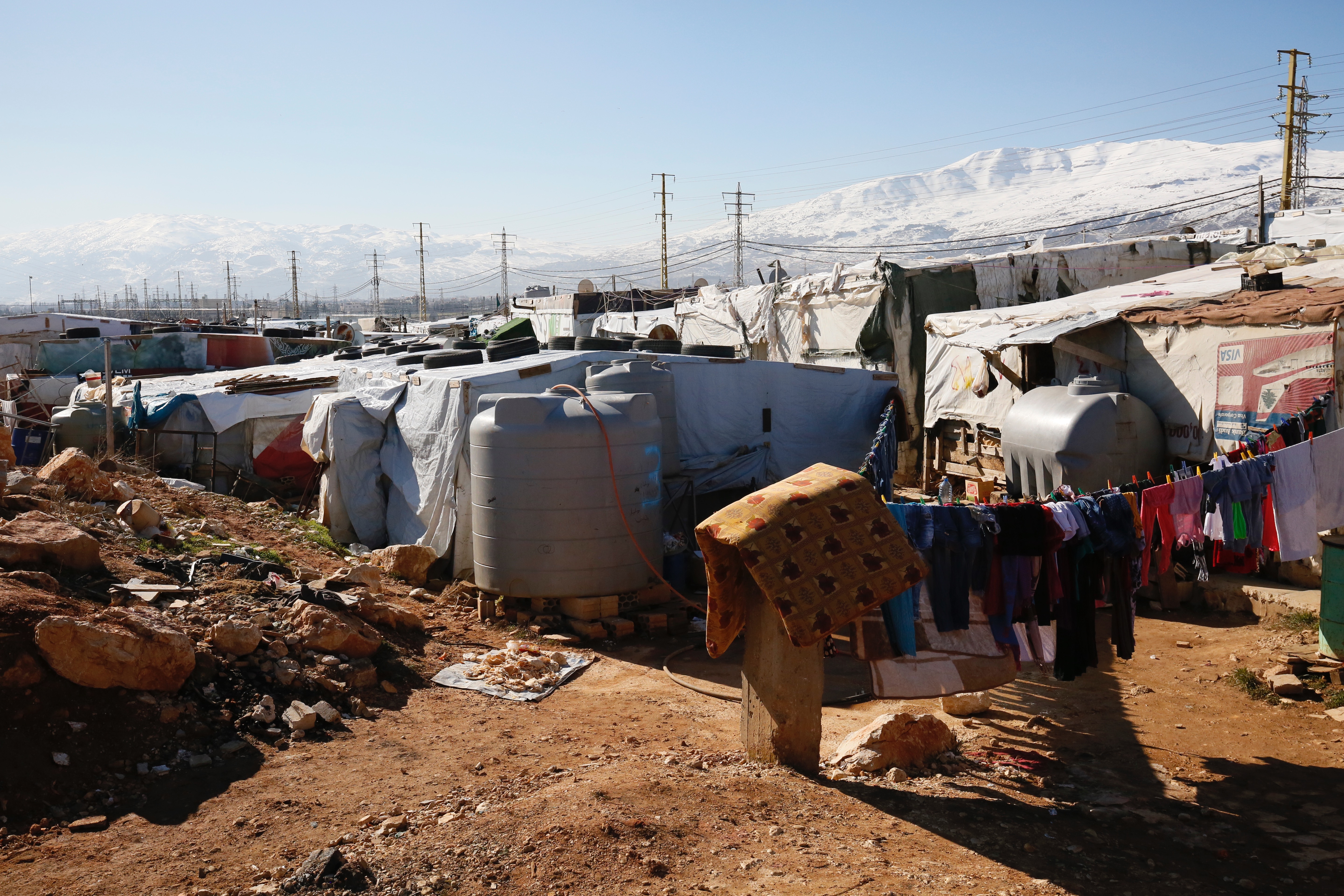Venezuela has become a powder keg, as food riots have swept through the country in the past weeks. The political and economic crisis over the last few years has culminated in drastic shortages of food, medicine, and electricity, with four blackouts nation-wide. The Venezuelan case is a key example of how food insecurity is almost always tied to political instability.
Once a rich country with strong leadership and social spending, Venezuela’s dependence on oil and recent inflation has meant its population is finding it harder to survive. Not only is the country on the verge of complete economic collapse, but food insecurity could be the tipping point for its government as well.
The national food supply is currently being transported under armed guards. Soldiers line the streets to watch over bakeries, and the police have fired rubber bullets at mobs storming pharmacies, groceries, and butcher shops. In the last two weeks, more than 50 food riots, protests, and mass lootings have erupted around the country, with at least five people killed.
Many Venezuelans see the situation as having been unavoidable, a result of basic policy mistakes. The lack of available food is directly contributing to their political disaffection.
Venezuela’s economy is in shambles. An OPEC member state, it relies heavily on oil for export earnings, and the plummeting prices of oil have pushed the economy into a recession. The economy is state led, and the Maduro government has raised premium gasoline prices and devalued the national currency. These economic woes are exacerbated by water and electricity shortages, as the Venezuelan Guri dam has seen unprecedented low levels of water. And with insufficient resources, individuals lack the necessary income to afford adequate food. In a recent study by Simón Bolívar University, 87 percent of Venezuelans say they do not have the money to buy enough food.
In the face of food insecurity, teachers have abandoned schools and fled the country in search for food, while the annual dropout rate has doubled. Spontaneous street protests and looting have become more common. Demonstrations have grown increasingly violent, with National Guard soldiers resorting to tear gas to counter protestors who have been looting stores for food.
Food security is obtained through three primary pathways: food production, exchange for food, and transfers such as food aid. Venezuela’s food riots are currently due to the lack of all three. The shortage of available water has made food production difficult, massive inflation has made their currency all but worthless, and there’s been no indication that the Maduro administration has requested aid for food, despite requesting pharmaceutical aid earlier this year.
Food security also depends on stable institutions. Political instability could hurt foreign trade growth, or weaken bilateral relations with its neighbouring countries. Moreover, food production itself requires farmers to invest in labour long before the benefits can be reaped. Because political instability means an uncertain future, the expected return of these investments is diminished.
In the case of Venezuela and its authoritarian government, food insecurity has given rise to political dissent, and may even lead to violent conflict. President Nicolas Maduro has put heavy restrictions on food provision, including an emergency decree that grants the President super powers, such as the authority to review key budgetary issues, which undercut those of Congress. The decree also expands the military’s role in maintaining public order. Maduro’s administration had intended to distribute 70% of the country’s scarcely available local produce to Claps, who are largely loyal to Maduro.
Sectors of the opposition have denounced the decree as a “self-coup” and a tipping point in the country’s crisis. Opposition member Jesús Torrealba warned the problem must be resolved by democratic means, or it could lead to bloodshed. But officials from the Socialist Party have said there is no time to organize a referendum, even though polls indicate that 70 per cent of Venezuelans want Maduro out.
If Maduro fails to act quickly, the food crisis may continue Venezuela’s unraveling.
Photo: Street Protesters in Venezuela (2014), by Carlos Becerra via Flickr. Licensed under CC BY-NC-ND 2.0.
Disclaimer: Any views or opinions expressed in articles are solely those of the authors and do not necessarily represent the views of the NATO Association of Canada.




